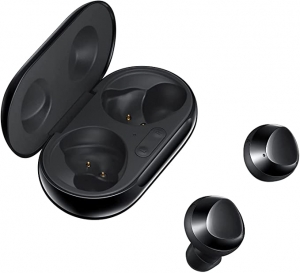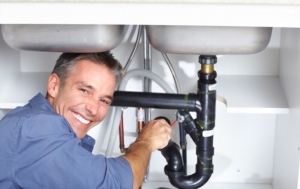Looking after a loved one with a disability is hard. It balances compassion with exhaustion, routine with unpredictability. Every small chore tests your patience and self-worth. Only nighttime brings relief.
The same goes for your loved one. You want them to have a sense of purpose with their independence and dignity intact.
Yet, across America, a shift is happening inside homes. Nameless individuals are helping restore the dignity that institutions repeatedly strip away.
More families are turning to in-home care to support loved ones with disabilities as a solution, providing the right level of comfort at home, so people can live more fully.
Beyond Assistance
Personal care services maintain identity and self-worth, going beyond basic hygiene or mobility aides. Their job description includes companionship, emotional support, and tailored routines.
Inspire Home Care explains that the best caregivers understand that care isn't one-size-fits-all. It blends patience, skill, and intuition.
A 2024 study published in the National Library of Medicine found that effective home-based support improves physical and emotional outcomes. When individuals feel seen and respected, their confidence grows. And that, in turn, fosters independence.
The Medicaid Connection
Much of this care is made possible by Medicaid-funded programs known as Home and Community-Based Services (HCBS).
These projects are designed to help individuals with disabilities live outside of institutions. KFF states that HCBS offers assistance with a range of activities, from daily living tasks to community engagement and integration.
But the system is fragile. The Center for American Progress warns that proposed federal Medicaid benefit cuts could strip away these vital supports. The repercussions are forcing many back into nursing homes or long-term facilities. And for families who rely on in-home care, the implications are devastating.
In Texas, for instance, a lawsuit was filed alleging that individuals with intellectual and developmental disabilities were being institutionalized unnecessarily. Their families argued for the right to choose home-based care, a right that should be fundamental, not negotiable.
The Weight of Caregiving
Behind every person with a disability stands a caregiver, sometimes unpaid and frequently overwhelmed.
These are mostly family caregivers who juggle full-time jobs, personal lives, and emotional strain. The Disability Evidence Portal suggests interventions that support home-based caregivers, such as respite care, training, and peer groups.
Still, gaps remain. There's an assumption that family members will “just handle it.” The truth is that caregiving is complex. It requires knowledge of medical needs, patience for behavioral challenges, and the emotional stamina to show up, day after day. A personal care assistant does this and much more, including meal preparation and light housework.
Professional home care services bridge that gap. They give families breathing room and offer individuals a higher quality of life.
When Technology Steps In
Technology, too, is reshaping how we think about disability and independence.
From voice-activated assistants to smart home devices that control lighting or doors, innovation is expanding what's possible.
The New York Times Wirecutter recently reviewed some of the best assistive smart home technology for people with disabilities. The publication featured video doorbells, adaptive switches, and sensors that detect falls.
These tools don't replace human care, but they enhance it. For someone living alone, a voice command that turns off the stove is life-saving.
A Culture of Inclusion
While care starts at home, inclusion starts in communities.
North Dakota made headlines for its progress in disability inclusion, investing in accessible housing and community engagement initiatives. It's a call to action that home care is part of a broader ecosystem that values participation and visibility.
Unfortunately, society measures independence in absolutes: you can or you can't. But disability challenges that binary.
Sometimes independence looks like being able to choose your caregiver. Or being able to prepare a simple meal. Or, more profoundly, to live life on your own terms.
What Families Can Do
Options can feel overwhelming when exploring personal care services programs.
Start by assessing needs: daily routines, medical requirements, and emotional support. Then, explore providers who offer specialized personal care services. Ask about caregiver training, consistency, and whether they tailor care plans to individual needs.
For those navigating Medicaid or state programs, advocacy groups can help decode the bureaucracy. Persistence is key. The system may be slow, but persistence pays off.
Thinking of a More Compassionate Future
Yes, the future of home care embodies policy and technology. Empathy, the simple act of recognizing another person's humanity, is as important.
Independence doesn't mean going it alone. It means having the right kind of help, at the right time, in the right place.
For families of loved ones with disabilities, that place is home, where care feels less like a service and more like love translated into action.






